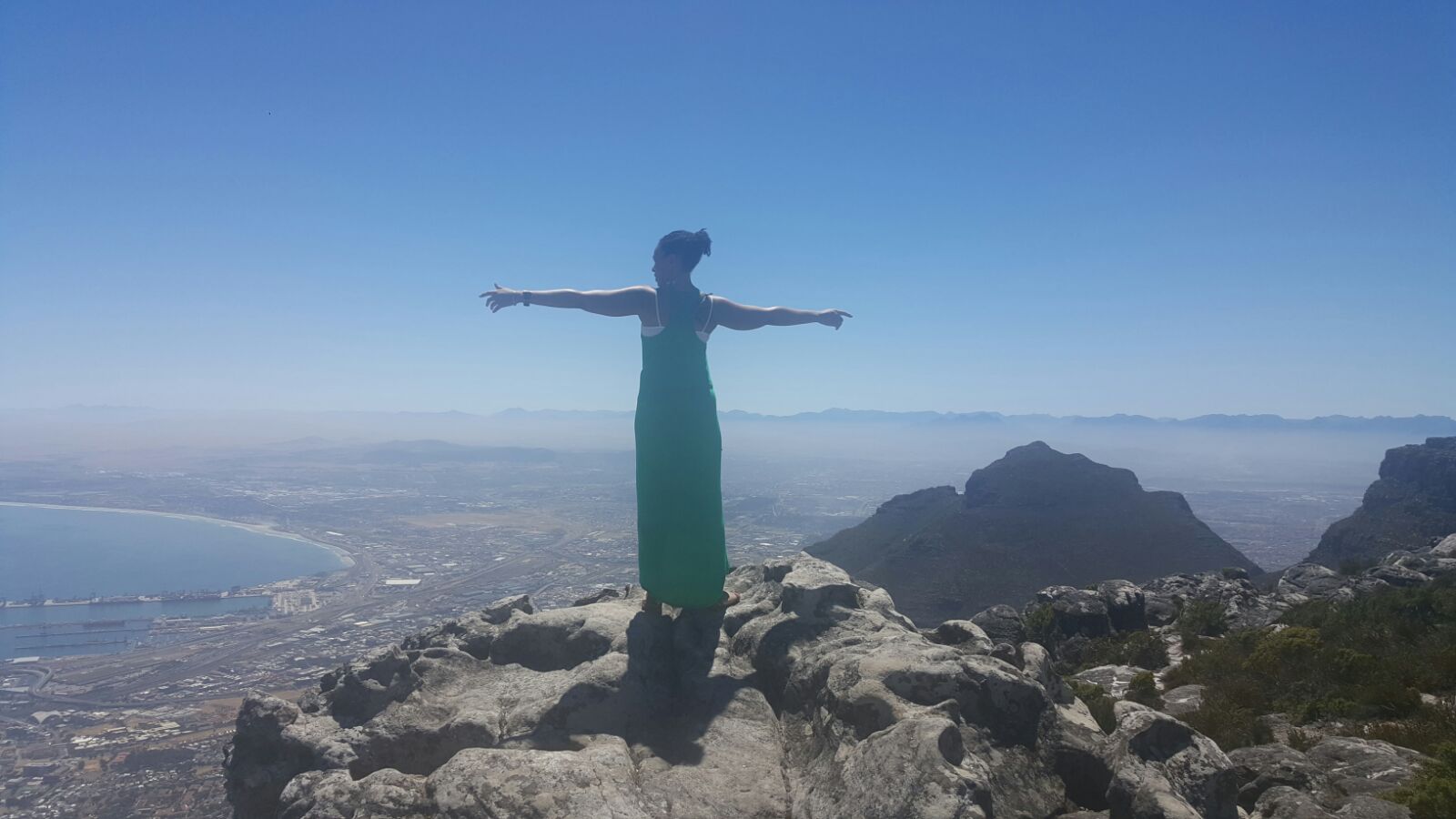
The community of Black Americans living in East Africa is thriving. Those who have been seeking a real life Wakanda. A safe space where we are less likely to be judged solely based on skin color. However, evidence of British colonialism is still alive and well in Kenya, as the country only achieved independence in 1953. The book Weep Not, Child, by Kenyan author Ngũgĩ wa Thiong’o details how Kenyans struggled to reclaim their land that had been controlled by British or Mzungu immigrants in a brutal and demoralizing war.
Mzungu. This Kiswahili word, originally coined to refer to those of European descent in East Africa, has evolved to include foreigners or more specifically light-skinned foreigners in the area. More than once I have been taken aback by young children shouting “Mzungu!” as I walked or rode by. This has been an unexpected part of my experience being a light-skinned Black American in Africa. At times, there are those who recognize me as that, especially once I start speaking. There are those who are confused by me, they know that I’m not white, but I don’t fit neatly in the black box either. And some are adamant– my skin is not black, so then of course, I must be white.
To me, I look black. I have broad features and kinky curly hair. There are no white people in my family, my parents are black, their parents are black, and their parents were black. My great-great grandmother could pass for white; but nope, she was black too. Yet, in Mutomo, my racial identity is often a subject of speculation. Not just with Kenyans, but also with the foreign-born white people who either live or have volunteered here during my stint at the hospital. Today, I will not go into a tangent on the social construct of race based on skin color that makes little sense outside of the confines of the Americas. But I will say, having to explain why I am light-skinned but call myself black can be tiresome. In one conversation of which I was a part, a few Kenyans and a couple from Denmark were trying to reconcile the hue of my complexion and remarked, “oh, like Obama.” Now, I will never rebuke any likeness to President Barack Obama, and in my exhaustion I conceded. But in reality, no, not like Obama.
At home in the states, I rarely get any questions about my race or ethnicity. Though one time that I did stands out in my memory. I remember in second grade, one of my classmates asked me if I was “mixed.” I believe I asked him what he meant. My response, was, well let me ask. I knew I was black and that everyone on both sides of my family was black. But at the time, I didn’t know what “mixed” meant. That day, I asked my mother if I was or if we were mixed. Her answer, — well, yes, the way most black people in America are mixed. She explained the African Diaspora in a way a seven year old could understand. She explained slavery of African people, the oppression of the Native Americans and the mixing of the native African people with the white immigrants, slave owners, and indigenous populations. What I understand even more keenly now is that my coloring is not a consequence of a voluntary relationship borne out of love or lust between two consenting individuals of different backgrounds, it is a result of coerced, forced and often humiliating sexual relationships with enslaved or oppressed black women who arrived in this country as a consequence of American slavery. We, Black Americans, are descendants of those who were brought here in bondage, and from that pain, was born the beautiful spectrum of blackness that is us.
Kenya is in East Africa, so it is unlikely that any of my ancestors came directly from here. But I, like many Black Americans, still feel a kinship to the whole continent, to a people that we have been disconnected from for generations and will never have the opportunity to fully know. Spending time in Kenya has not only helped me grow professionally, but it has allowed me to reflect on what it means to be Black, what it means to be American, and connected me to our shared African ancestry. Kenya, when I see you, I see myself.












